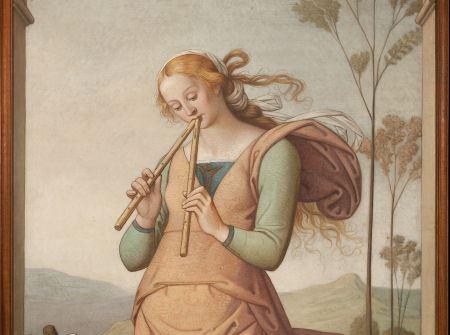To call World War I a catastrophe for the West is akin to describing a Burmese tiger as a pussycat. In addition to the Great War’s 40 million dead, the conflict destroyed three empires, raised the banners of communism and fascism, marked the beginning of the decline of European hegemony around the world, and drastically altered the manners and mores of European society.
The “war to end all wars” also gave us modernism, a word designating certain modern ideas or qualities that held sway in cultural matters from the end of the war until the 1960s, when postmodernism entered the picture. Postmodernism celebrates the relativity of ideas and values, declaring there can be no such thing as universal truth, morality, reason, or even reality.






